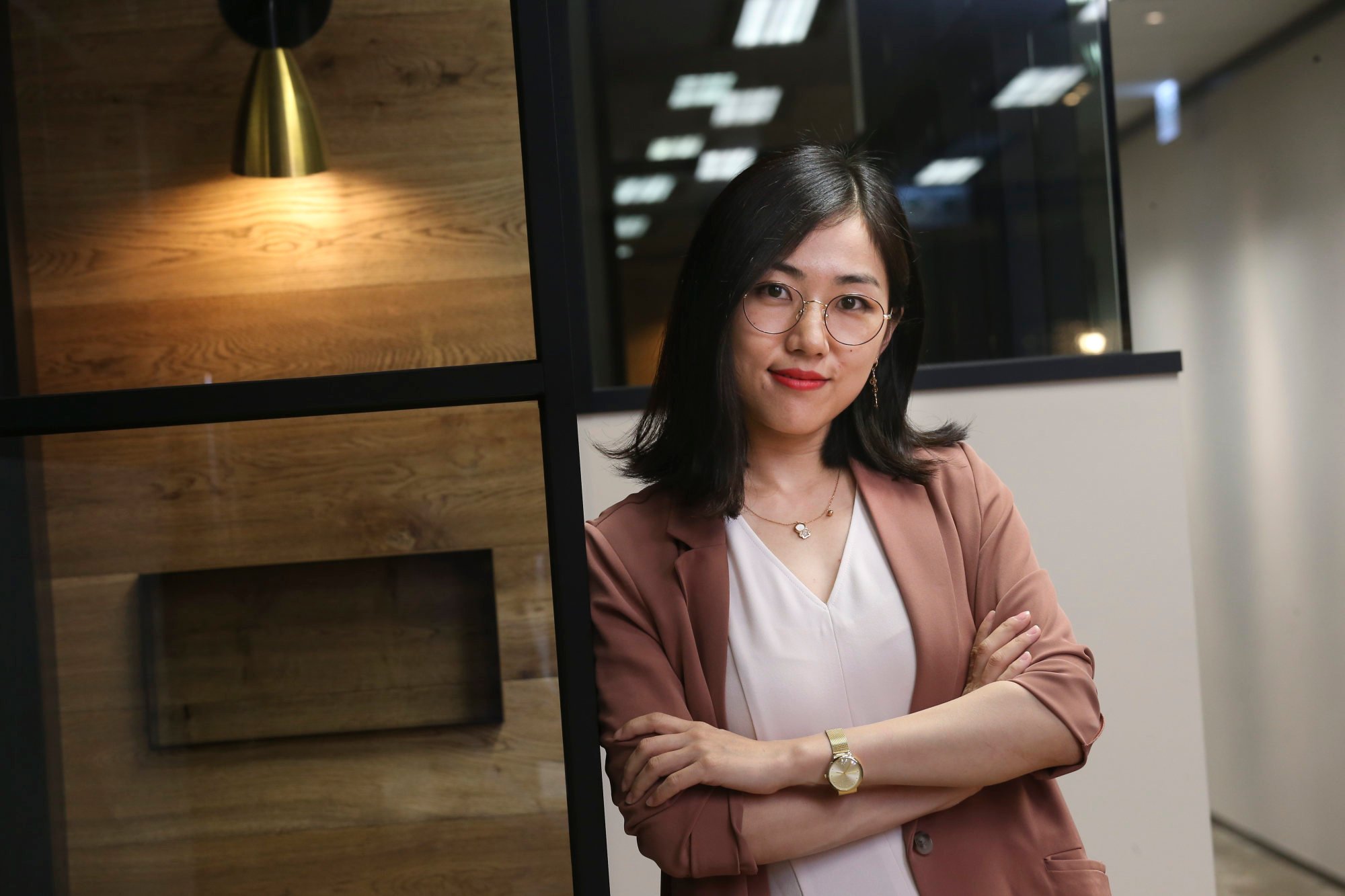
Leading Chinese academic and cultural figures call for Sino-US ‘people power and friendship’
- Soft power push by Beijing sends delegation including former NBA star Yao Ming to New York ahead of likely meeting between Xi Jinping and Joe Biden
- Amid optimism, speakers concede bilateral relations have been frosty with little likelihood of quick turnaround
“We try to create a more accurate perception,” said delegate member Da Wei, director of Tsinghua University’s Center for International Security and Strategy, on Wednesday. “But our perception is still so strong, an echo chamber in the two capitals. We view the other side as having evil intention. We view the other side as being unreasonable.
“But actually in dialogues like these past two days, most of us, no matter Chinese or American, we share at least 80 or 90 per cent commonalities rather than differences.”
“It is really the power of people, the sense of people, the warmth of people, to build the foundation of the Chinese relationship,” said Zhu, who led the delegation. He and others spoke at the Chinese consulate in New York before screens displaying a Xi quote on the importance of people framed by pink blossoms and a bird.
Hopes high for Xi-Biden summit as recent US-China diplomatic efforts bear fruit
Even as the speakers exuded optimism and touted the importance of a new, softer approach, however, they conceded that relations have been in the deep freeze, with little likelihood of a quick turnaround.
A Pew survey released in July found 83 per cent of Americans viewed China unfavourably compared with 14 per cent who saw the Asian giant in a positive light.
This compared with 47 per cent unfavourable and 38 per cent favourable five years earlier. Recent polling of Chinese has shown a parallel jump in negative views towards Americans.

China’s bid this week to improve US people-to-people ties is welcome, analysts said, but it is not clear how immediately effective it will be.
For bright young minds in China and US, curiosity and pragmatism beat distrust
“There are approximately 350 American students in all of China right now. How are you going to do people-to-people if there are that few Americans in China?” asked Sourabh Gupta, senior fellow at the non-profit Institute for China-America Studies in Washington.
“This is more about putting a glow to China’s name here, trying to consolidate the developing warmth in the relationship to ensure that when Mr Xi does come – which almost certainly he will – that everything has gone off well.”
The delegation is certainly a constructive sign from Beijing, added Jeremy Chan, senior China and Northeast analyst with Eurasia Group. But an added concern is that even once mutually beneficial, people-to-people issues, like Chinese students studying in the US, have become potential areas of mutual suspicion over espionage and intellectual property theft.
“That used to be absolutely win-win, mutually beneficial,” Chan said. “Now the overlapping circles of the US-China Venn diagram, they’ve divorced quite a bit in recent years.”
The protocol in advance of high-profile leader visits, particularly those involving prickly relationships, is complex and detailed.
The US has lost its charm, maybe forever, to China’s brightest students
Those efforts have resulted in several US cabinet secretaries travelling to Beijing in recent months. And Wang and US Secretary of State Antony Blinken met in Indonesia amid a bilateral toning down of executive branch rhetoric.
But it has hardly been a smooth ride, with the road map tested repeatedly.
“People say I’m too optimistic,” said Stephen Orlins, president of the National Committee on US-China Relations, which has worked with the delegation. “And I say that’s because I spent 45 years working with China. So I have to be optimistic.”

